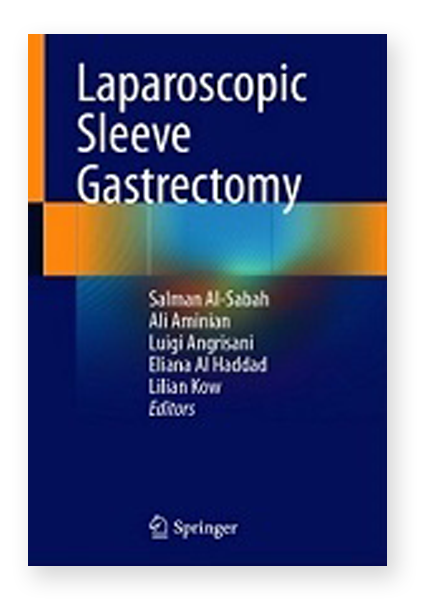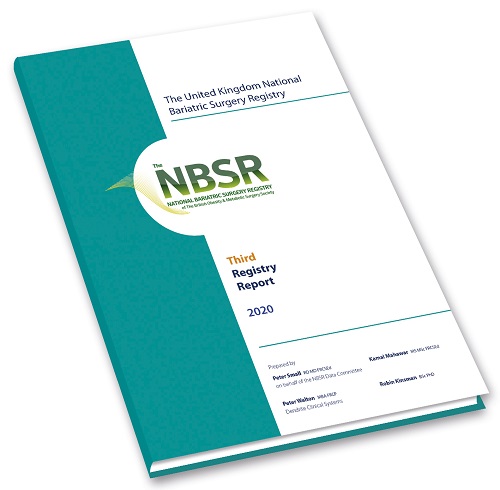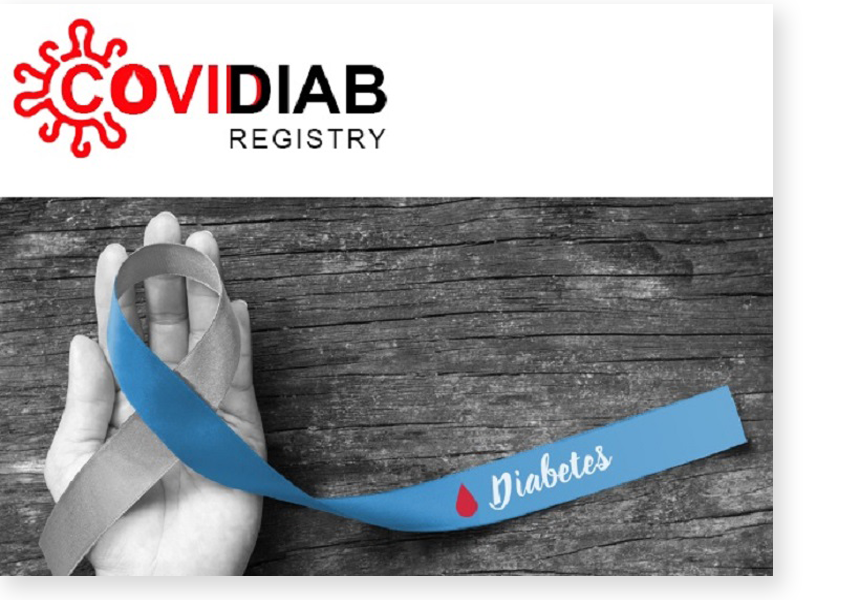Dendrite publishes first ever national bariatric and metabolic surgery report in the Arabian Gulf region
 Dendrite Clinical Systems and The State of Kuwait Ministry of Health, in conjunction with Bader Sultan & Brothers Company, are pleased to announce the publication of the First Kuwait National Bariatric Registry Report 2019, the first ever national report on bariatric and metabolic surgery in the Arabian Gulf region. This inaugural report, which includes 3,302 bariatric surgery cases, contains data on baseline obesity-related disease, operation types, operative outcomes and disease status after bariatric surgery in Kuwait.
Dendrite Clinical Systems and The State of Kuwait Ministry of Health, in conjunction with Bader Sultan & Brothers Company, are pleased to announce the publication of the First Kuwait National Bariatric Registry Report 2019, the first ever national report on bariatric and metabolic surgery in the Arabian Gulf region. This inaugural report, which includes 3,302 bariatric surgery cases, contains data on baseline obesity-related disease, operation types, operative outcomes and disease status after bariatric surgery in Kuwait.
“It is with great pleasure that I commend this First Report of the National Bariatric Surgery Database made available by Dendrite Clinical Systems. This National Bariatric Surgery Database initiative is the first of its kind in the State of Kuwait,” His Excellency, Dr Basel Hamoud Al-Sabah, Minister of Health, Kuwait, writes in the report. “There are only a few countries in the world that have the capability to have a unified registry under one network. Many countries maintain hospital-based registries. Even fewer countries have national databases…Therefore, we are very proud that we now have a national registry established under one network for all the government hospitals in Kuwait.
The Kuwait National Bariatric Surgical Registry utilised Dendrite’s “Intellect Web” national registry software to facilitate on-line data entry. The Registry is accessed using a range of modern html-5 compatible web browsers, allowing registrants to enter data without the need to install additional software or perform any complex system configurations.
The Kuwait National Bariatric Registry currently comprises data being submitted from six public by 63 surgeons and collected data from 3,302 cases. The “Intellect Web” software recorded data on patient demographics, procedure data, outcomes, as well as information ten obesity-related conditions including: type 2 diabetes, back or leg pain, depression, impaired functional status, gastro-oesophageal reflux, raised blood pressure, dyslipidaemia, liver disease, sleep apnoea and increased risk of deep vein thrombosis or pulmonary embolism.
“We are delighted to publish this first report and I would like to thank all the contributors for submitting their data,” said Dr Peter Walton, Managing Director of Dendrite. “This report clearly demonstrates the safety and effectiveness of bariatric and metabolic surgery for treating patients with obesity in Kuwait. I hope this report will be the first in a series of ground-breaking reports that will record and analyse clinical data, and help improve patient outcomes.”
 Dendrite Clinical Systems is delighted to report that our Managing Director, Dr Peter Walton, has published a chapter discussing the value of clinical registries in new publication on Laparoscopic Sleeve Gastrectomy (LSG). In his Chapter, Dr Peter Walton outlines value of national bariatric registries and their capability to deliver evidence on a global basis, as well as providing some practical perspectives on best practice when setting out to start a national registry and how to keep a good registry going.
Dendrite Clinical Systems is delighted to report that our Managing Director, Dr Peter Walton, has published a chapter discussing the value of clinical registries in new publication on Laparoscopic Sleeve Gastrectomy (LSG). In his Chapter, Dr Peter Walton outlines value of national bariatric registries and their capability to deliver evidence on a global basis, as well as providing some practical perspectives on best practice when setting out to start a national registry and how to keep a good registry going. Dendrite Clinical Systems and the Institute for Health Research (IGES) in Berlin, Germany, have initiated the Outpatient Treatment of COVID-19 Infections (ABC-19) study, to record data on the treatment of COVID-19 patients and discover more about the outpatient course of the disease, the individual risk factors of patients that contribute to severe COVID-19 courses and the procedures of general practitioners (GPs).
Dendrite Clinical Systems and the Institute for Health Research (IGES) in Berlin, Germany, have initiated the Outpatient Treatment of COVID-19 Infections (ABC-19) study, to record data on the treatment of COVID-19 patients and discover more about the outpatient course of the disease, the individual risk factors of patients that contribute to severe COVID-19 courses and the procedures of general practitioners (GPs).
 Researchers at the University College London and University College London Hospitals NHS Foundation Trust), London, UK, have reported that the vast majority of participants with new onset loss of smell were positive for COVID19, and this acute loss of sense of smell needs to be considered globally as a criterion for self-isolation, testing and contact tracing in order to contain the spread of COVID-19.
Researchers at the University College London and University College London Hospitals NHS Foundation Trust), London, UK, have reported that the vast majority of participants with new onset loss of smell were positive for COVID19, and this acute loss of sense of smell needs to be considered globally as a criterion for self-isolation, testing and contact tracing in order to contain the spread of COVID-19.
 Dendrite Clinical Systems’ innovative “Intellect Web” software has been chosen by an international group of 17 leading diabetes experts from the multidisciplinary Diabetes Surgery Summit (DSS), as the platform on which the CoviDiab project will establish a Global Registry to collect new cases of diabetes in patients with COVID-19.
Dendrite Clinical Systems’ innovative “Intellect Web” software has been chosen by an international group of 17 leading diabetes experts from the multidisciplinary Diabetes Surgery Summit (DSS), as the platform on which the CoviDiab project will establish a Global Registry to collect new cases of diabetes in patients with COVID-19.


